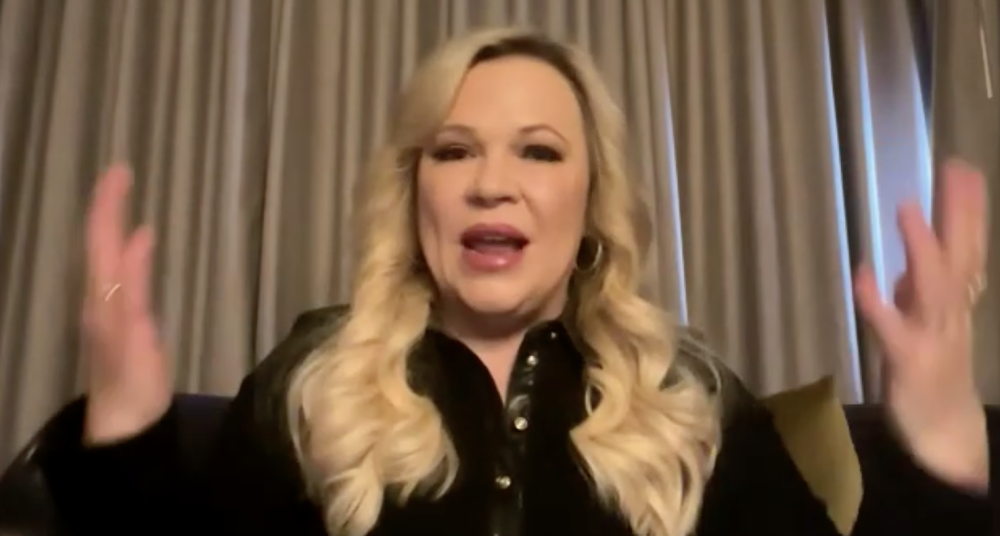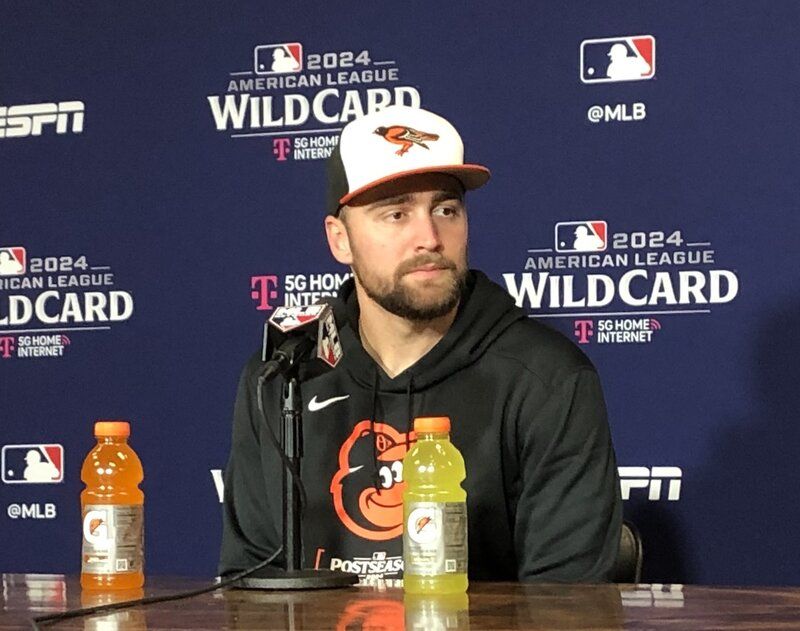IT WAS HOT AS HADES in that lower Manhattan federal courtroom. Jam-packed with bidders, curiosity seekers and baseball fans, the Baltimore Orioles franchise was up for grabs on August 2, 1993, and the bidding was as steamy as the air in the room once the price began to rapidly accelerate into the stratosphere.
The fact that there was any bidding at all was somewhat surprising to Peter G. Angelos, a Baltimore attorney who had begun a power play five months earlier to purchase the Major League Baseball franchise that was being sold off via an auction nearly 200 miles away from its home on the Chesapeake Bay. In the hours leading up to the auction, Angelos managed to turn his sole competitor from a previous suspended bid for the team during June into a partner. William DeWitt Jr., a Cincinnati native whose father once owned the St. Louis Browns in the 1940s and a minority investor in the Texas Rangers, joined Angelos’ celebrity-led local group from Maryland just hours before the bidding was to begin in the sweltering Custom House. DeWitt was promised a role in the operations and management of the club.
It was an amazing coup for Angelos to pull DeWitt from being a worthy, legitimate competitor into a teammate that morning, after convincing him that he’d be involved and an influential part of the eventual winning group. It was shocking that DeWitt had pulled out because several times over the previous eight months, he was convinced that he was already the winning bidder and new owner of the Orioles.
In February 1993, after six months of lengthy, arduous negotiations on a fair price, DeWitt had entered into a deal with Orioles majority owner Eli Jacobs to buy the team for $141.3 million. Jacobs, who was in his final days of semi-liquidity and quietly on the verge of bankruptcy, didn’t have the legal authority to close the deal with DeWitt once the banks seized his assets in March. Instead, the Orioles wound up at auction five months later and suddenly Angelos – with DeWitt now shockingly a member of his ownership team – believed he would emerge victorious without breaking a sweat in the summer heat of The Big Apple.
But that afternoon, after entering the courtroom in what he believed would be a rubber-stamped win, instead he found himself embroiled in a bidding war with a stranger he never strongly considered to being a worthy foil in the fray.
Jeffrey Loria, a New York art dealer and Triple-A baseball team owner, wanted badly to be a Major League Baseball owner. Baltimore native and former NFL player Jean Fugett represented a group led by TLC Beatrice, which featured a rare minority bid for an MLB franchise on that day in New York. One bidder, Doug Jemal of Nobody Beats The Wiz electronics stores, had early interest but bowed out before the steamy auction.
That August day, the bidding began at $151.25 million, which included a “stalking fee” of $1.7 million which was originally awarded to DeWitt’s team because of his vast due diligence and legal work done months earlier when he thought he had won a deal to secure the Orioles in the spring.
George Stamas, who represented Angelos’ group during the bidding process, opened the bidding at $153 million, which was seen as a good faith gesture from the combined bid with DeWitt, which could’ve been perceived as artificially deflating the sale price by judge Cornelius Blackshear. Loria, who was a stranger to the Angelos group, immediately raised it by $100,000. Stamas barked out, “One million more – $154.1!”
And for the next 30 minutes, the bids drew north from the $150 millions into the $160s. With every bid, Loria would raise by $100,000. Stamas, on behalf of Angelos, raised it by $1 million at a time. After 13 rounds of back and forth money, Angelos had the leading bid $170 million. Fugett, who had been completely silent during the auction, asked the judge for a recess.
The request was granted and the judge headed to his chambers.
And, suddenly, it got even hotter in a blazing courtroom on a sweltering day in The Big Apple in a battle over who would own and control the Baltimore Orioles for the next two decades and beyond.
* * *
IT ALL EVOLVED SO QUICKLY, this love affair the newly wealthy attorney from East Baltimore had discovered with the Baltimore Orioles. So how did all of this happen – his fascination and obsession with the local baseball team? Where and when and why did Peter G. Angelos decide that he wanted so desperately to buy and control the Orioles? By any measurement at the time, it was clear he was only, at best, a passive baseball fan – a man who revered the law and politics far more than games of sport on the civic scene.
Angelos had recently cashed in on asbestos cases in the late 1980s, using his many years and influence as a union lawyer via the steel mills and workers in Sparrows Point. In 1992, he hit a huge payday with a class action assault on manufacturers who poisoned workers and was truly nouveau riche. Before owning a Major League Baseball team the only thing he owned that dealt with the public was a tavern, following in the footsteps of his father, who ran a dining establishment. As an attorney, Angelos represented blue-collar claims. He ran for office. He helped the common man fight the system and big business. He was a lifelong Democrat. He hated fat-cat Republicans.
Angelos won a City Council seat in the Third District in 1959 and never won another election. He ran for mayor in 1967 on the first mixed race ticket and lost and failed to win as city council president in 1963 and 1971.
Born in Pittsburgh on July 4, 1929, Angelos nearly died from appendicitis when he was 10 years old before coming to Baltimore a year later. By age 30, he had been elected to the City Council, and he ran unsuccessfully for mayor prior to turning 40. His father’s tavern, Tom’s Bar, at the corner of Oldham and Eastern Ave in Greektown, was where Angelos got his street smarts and he was an amateur boxer in his formative years.
The City Paper did an extensive profile of Angelos in 2000 and reported:
He lost a state Senate bid in 1958, but a year later he was elected to the City Council, where he developed a reputation as both government watchdog and incurable windbag. He successfully advocated for the city to hire a fiscal adviser to scrutinize mayoral spending, and he pushed for raises for police and firefighters while demanding that city officials hold the line on their own pay. He regularly demanded investigations, into everything from gasoline prices to the city welfare, real-estate, and school-construction agencies. But more often than not, The Evening Sun said in a 1967 editorial, these probes produced only “interminable charges and counter charges and finally dissipated with a hailstorm of words.” The outspoken council member, the paper concluded, was “excellent on the attack but lacked the staying power on important issues.” In 1963, Angelos ran against Tommy D’Alesandro III for City Council president and lost. Four years later, he ran for mayor – again taking on D’Alesandro (and heading the city’s first integrated ticket, with Clarence Mitchell III running for council president), and again losing. He would consider several state and congressional races before bowing out of electoral politics to focus on his law practice, but it wasn’t long before that took on the familiar ring of a crusade.
But it wasn’t until 1992 that Peter Angelos became a rich man. That spring, Angelos’ many asbestos cases were consolidated and went to trial. In July, a Baltimore Circuit Court jury ruled that several asbestos manufacturers knowingly peddled a hazardous product to plants such as Bethlehem Steel for more than a half-century, causing cancer in thousands of Baltimore factory workers. By August, the awards had reached the $200 million to $400 million range; Angelos and his firm, which handled the cases on a contingency, earned more than $100 million, according to newspaper reports at the time.
And just what does a guy who used to run a diner do when he comes into a couple of hundred million dollars?
Well, Angelos tried for political clout and power in the 1960s and mostly failed. He tried to get famous, become the mayor and become loved and remembered but life didn’t take him on that pathway. Instead, 25 years later, he’d become wealthy and mostly anonymous.























